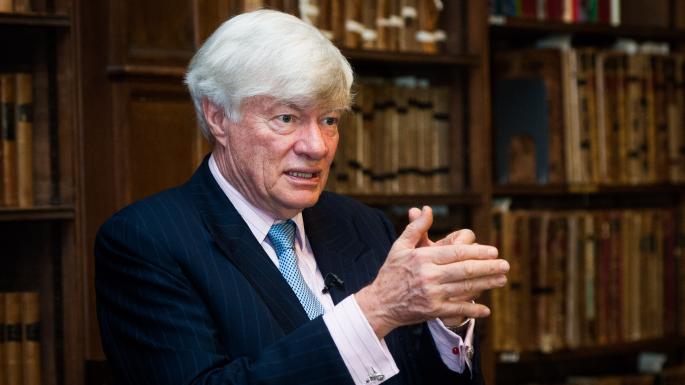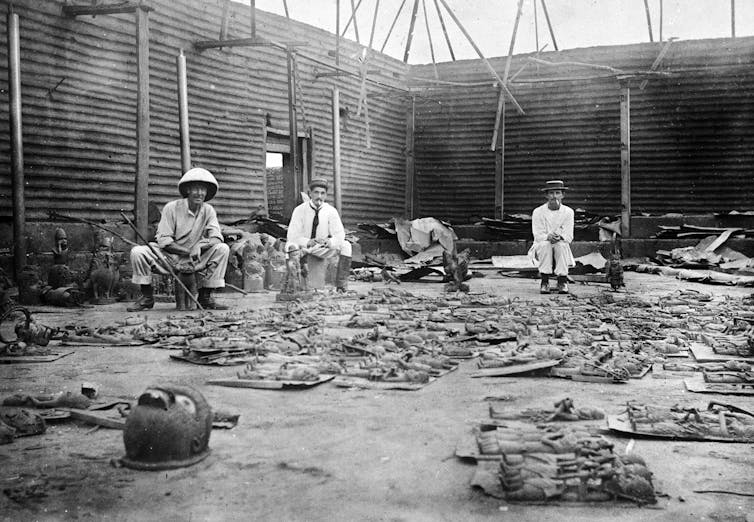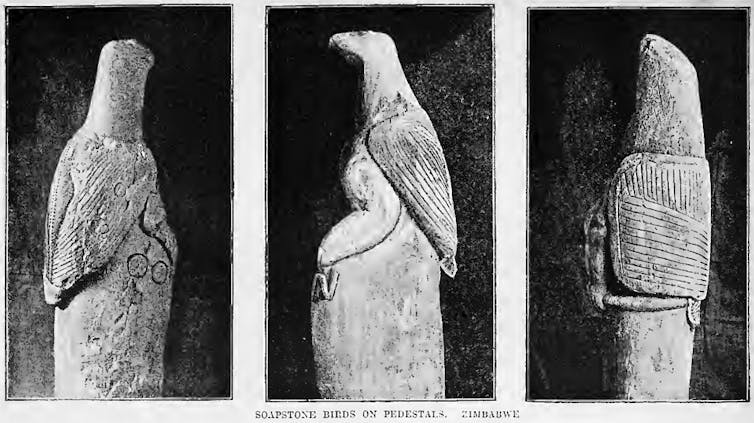Riyaz Patel
Leading human rights lawyer, author and academic Geoffrey Robertson QC, has accused the trustees of the British Museum of being the “world’s largest receivers of stolen property.”
And what is even more scandalous, a “great majority of their loot is not even on public display,” he added.
Robertson, who holds dual Australian and British citizenship, has recently published a new book: ‘Who Owns History? Elgin’s Loot and the Case for Returning Plundered Treasure.
In an opinion piece published by The Australian, he charges: “No less than 90 percent of African heritage, for example, resides in European museums, while the British Museum refuses to return to Greece one half of the Parthenon Marbles – the world’s greatest extant treasure – and meanly clings to objects of iconic significance to our own indigenous people.
“It’s time for their return: no longer can once-great powers get away with mealy-mouthed words of apology and regret colonial abuses. They must surrender their loot.”
Robertson added that the British Museum is telling “a string of carefully-constructed lies and half-truths” regarding how the Parthenon Sculptures “were ‘saved’ or ‘salvaged’ or ‘rescued’ by Lord Elgin, who came into possession of them lawfully.”

In his book, Robertson elaborates on how he finds it astonishing that the British Museum allows a “stolen goods tour,” with a British Museum spokeswoman confirming that the tour is run by an external guide and insisted the Parthenon Sculptures were acquired legally, with the approval of the Ottoman authorities of the day.

“They were not acquired as a result of conflict or violence. Lord Elgin’s activities were thoroughly investigated by a parliamentary select committee in 1816 and found to be entirely legal,” the guide said.
Last year, the British Museum grudgingly agreed to return – on loan – a collection of bronzes to Nigeria amid an international clamour for artefacts to be restituted.

The Benin Bronzes were seized by British troops in 1897.
The decision came after France moved closer to returning thousands of artefacts looted from Africa.
A report commissioned by President Emmanuel Macron recommended changing the law to enable the return of objects stolen from Africa during the colonial era.
A report, commissioned by the French president, recommended that art plundered from sub-Saharan Africa during the colonial era be returned through permanent restitution.
The 108-page study, written by French art historian Bénédicte Savoy and Senegalese writer and economist Felwine Sarr, speaks of the “theft, looting, despoilment, trickery and forced consent” by which colonial powers acquired these materials.
The call for “restitution” echoes the widely accepted approach which seeks to return looted Nazi art to its rightful owners.
“We cannot right historical wrongs – but we can no longer, without shame, profit from them.”
The famous ruins of Great Zimbabwe were subject to numerous digs by associates of British businessman Cecil Rhodes – who set up the Rhodesia Ancient Ruins Ltd in 1895 to loot more than 40 sites of their gold – and much of the archaeology on the site was destroyed.

The iconic soapstone birds were returned to Zimbabwe from South Africa in 1981, but many items still remain in Western museums.
